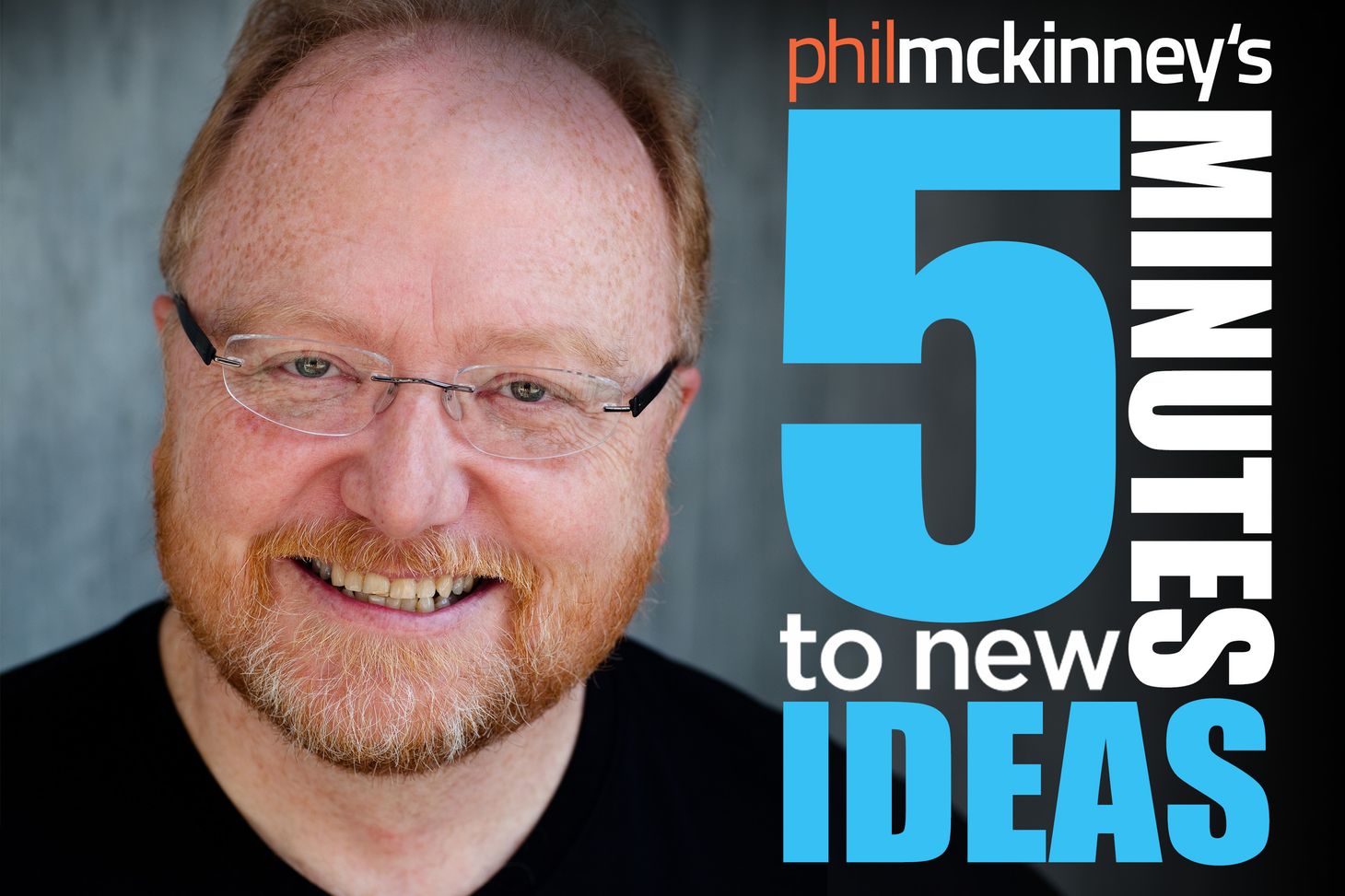Innovation Requires Getting the Facts Right

There is an old saying that goes something like this, “Speaking with passion but without the facts is like making a beautiful dive into an empty pool.”
As John Adam’s famously said, “Facts are stubborn things; and whatever may be our wishes, our inclinations, or the dictates of our passions, they cannot alter the state of facts and evidence.”
To convince or persuade others to support your idea, you have to base your idea on incontestable facts that are readily grasped and understood.
When it comes to taking your idea and turning it into disruptive innovation, you need to get people to support and even fund your idea. The willingness of others to support your idea is based on your personal credibility. The easiest way to lose your credibility is to run fast and loose with the facts.
I’ve seen many an innovator thinking they needed to make some bold claims and then proceeded to stretch the truth. Their idea was fundable on its own but they lost their credibility and support -- and thus their funding.
If the facts are more of a hypothesis, then you should be upfront and say, “In my opinion ...” Ben Franklin was a great one for that. He said that one of the greatest lessons he ever learned in winning others to his ideas was to begin everything he said with the words, “I may be wrong about this, but it seems to me …. “ And the combination of humbleness of attitude, linked with overwhelming logic, quickly had people assuring him that he was absolutely right.
To take the stand that you’re right before the hypothesis had had the time to be turned into facts will make sure others will oppose you and your idea. It’s also a sign of immaturity. Speaking with passion but without the facts is like making a beautiful dive into an empty pool, and it has brought many otherwise intelligent people into positions of embarrassment, even disaster. We’ve all been guilty of. I know I have -- still am, on occasion. And I’m always sorry afterward, especially if I’ve been proven wrong.
“It seems to me …” are magic words. They soften and clear the way; they open others’ minds and initial opinions toward us and our ideas. And then, if we are proved wrong, we are not so far out on the limb that we can't get back with good grace. But more important than the escape route, it ensures we are not offending others, and it helps brings them around to our way of thinking.
When I was writing my book, Beyond The Obvious, I took the advice of others and had the entire manuscript reviewed by one of the leading fact-checkers from a major New York newspaper. I wanted to avoid the post-publication embarrassment of having someone point out some factual error -- or worse, find out I had unintentionally revealed some confidential information of HP or one its clients. The fact-checker was told that every story and reference had to be supported by public information. If it could not be validated with publicly available facts, it was pulled from the manuscript. In hindsight, it was one of the best decisions I ever made.
In one story, the fact-checker came back with a change. In a story about innovating under pressure, I used the story of the Apollo 13 disaster and how mission control came together and innovated a solution for the “air scrubber”. In the story, I told how they used items in the command and lunar module to construct a device to remove carbon monoxide. One item I listed was a sock. The fact checker pointed out that I must have based the story on the movie. She was correct but how did she know? The actual item was a “piece of a towel” and that the sock reference was a mistake in the Apollo 13 film. The film got it wrong and the fact-checker caught it.
I fixed the manuscript and have used fact-checkers ever since.
The first step to translating your ideas into disruptive innovations is to convince others to see your ideas as you see them. If you present your ideas with humbleness of attitude, linked with overwhelming logic you will be way down the path of attracting the support you need.
What part of the story you are telling about your idea is based on absolute truth? Whatever that is, stick with that. Everything else should be presented as the thoughts, dreams, and hypothesis it is.
Remember the saying -- make sure your mind is in gear before you set your mouth or pen in motion. And even then, it’s a good idea to proceed with a certain amount of caution so that you don’t run over somebody.
I’m Phil McKinney -- and thanks for listening.




